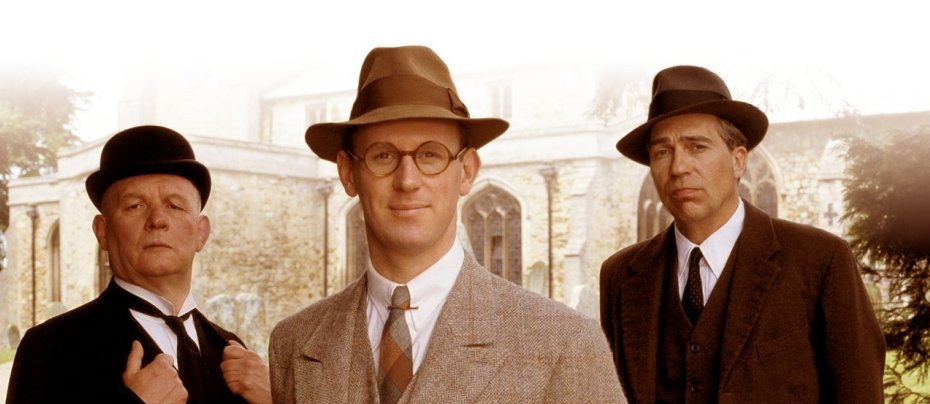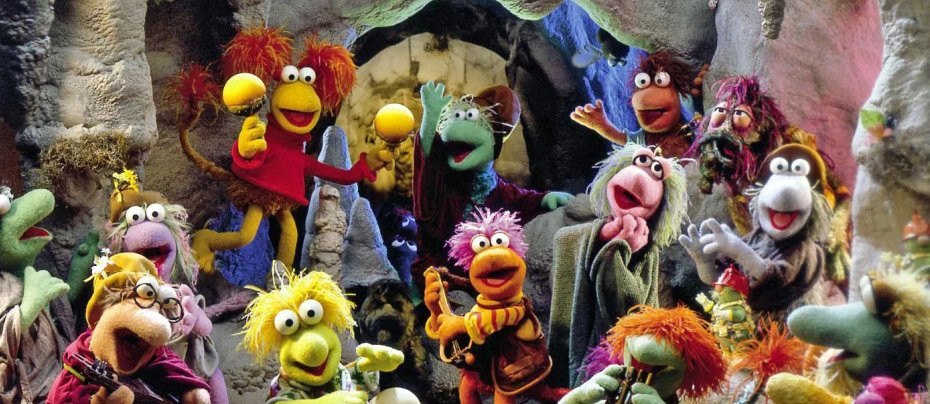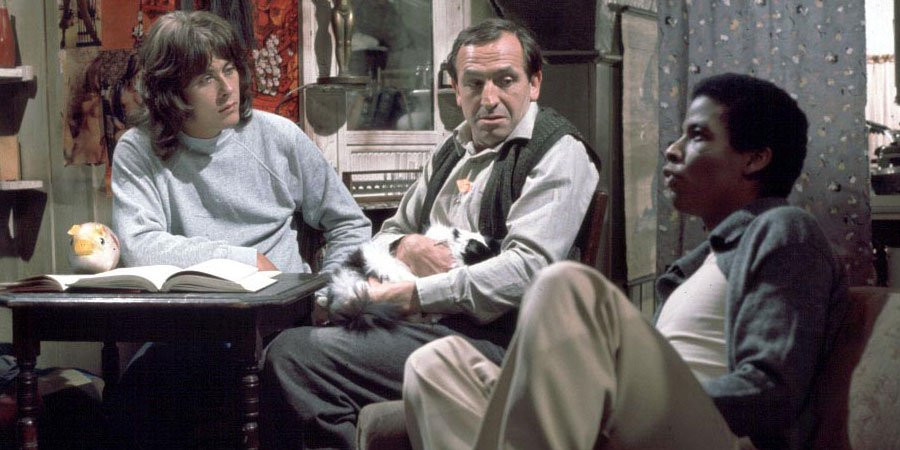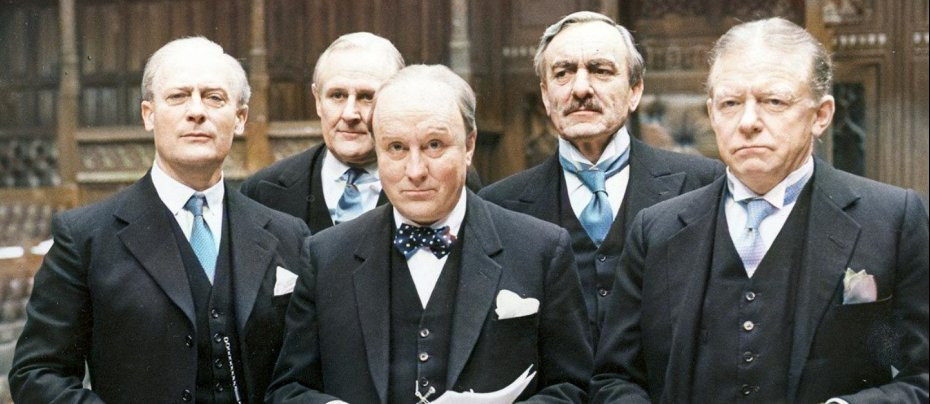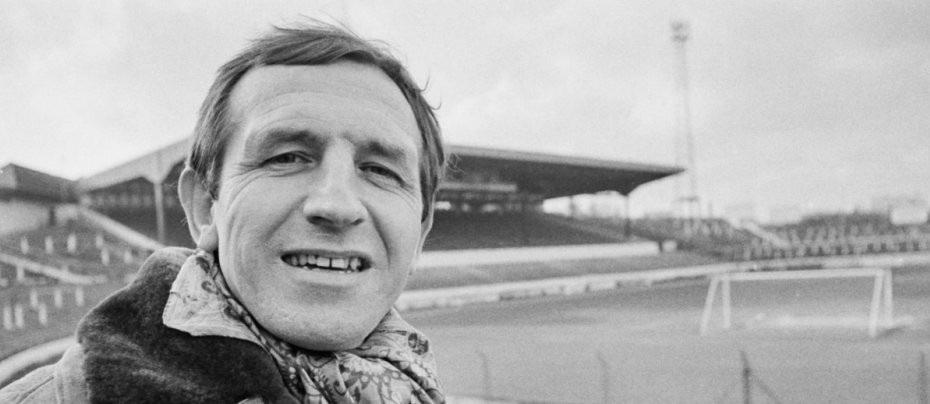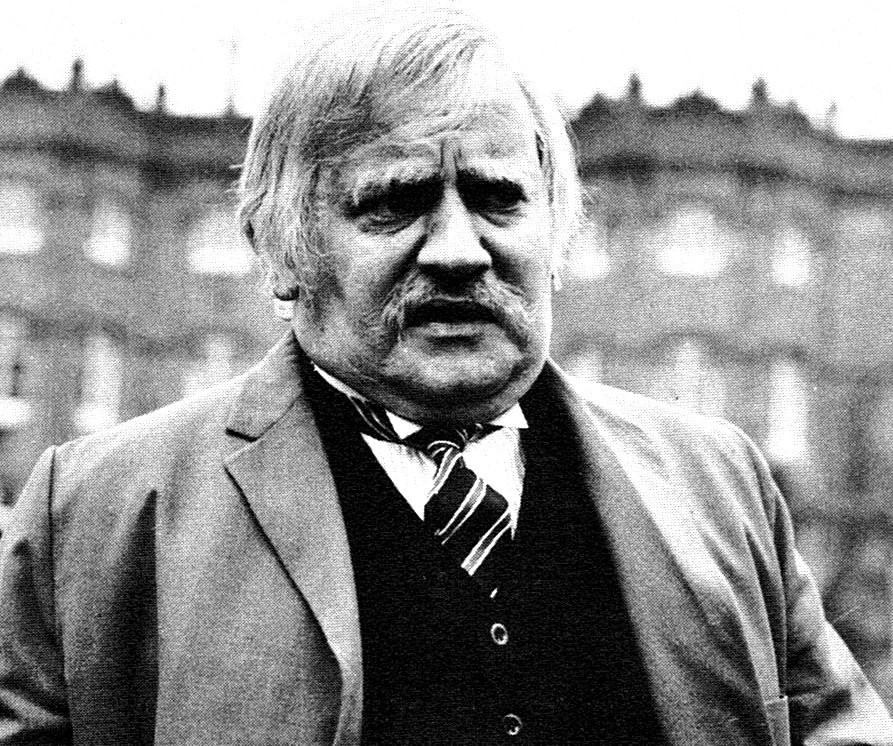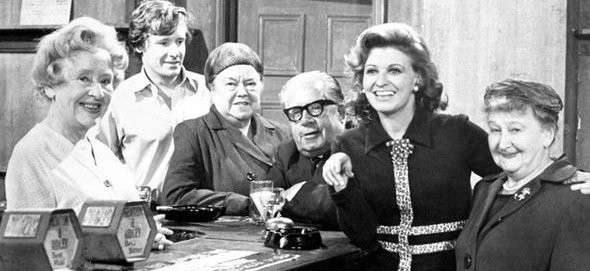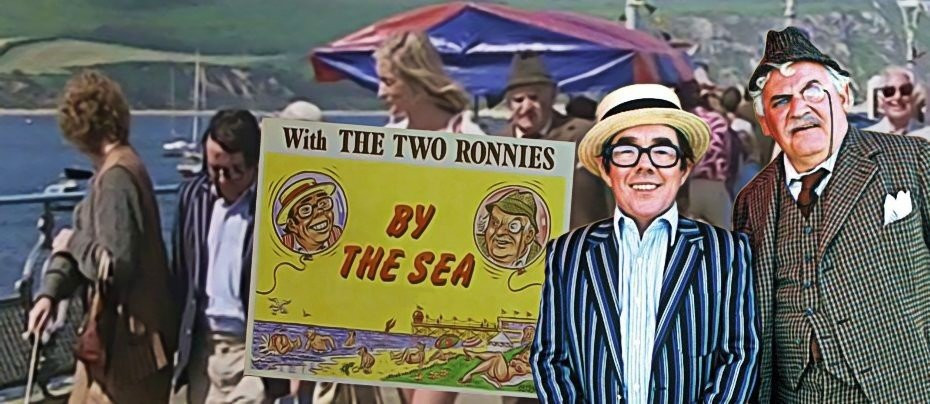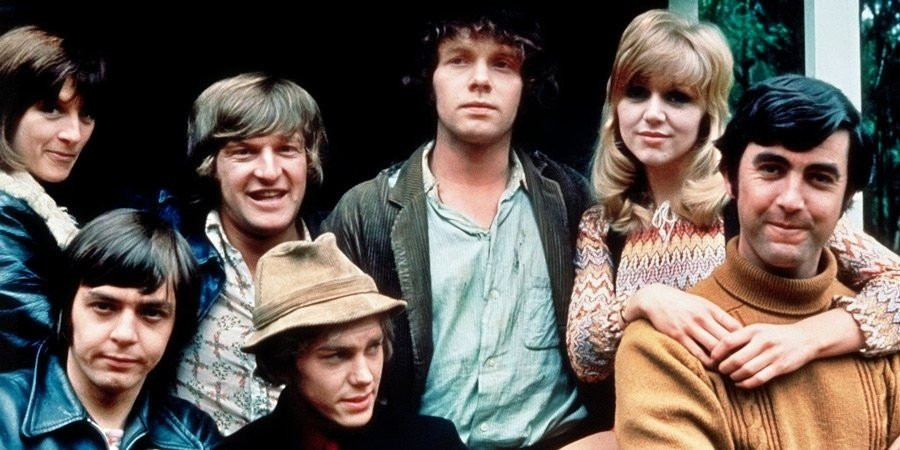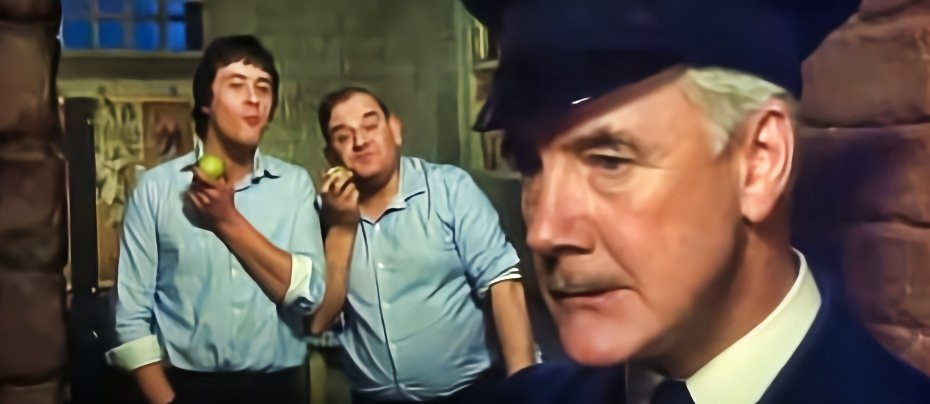
Porridge - The Film
‘Fulton Mackay is a hugely recognisable part of television comedy, and his snarling presence is a delight’
Review by Brian Slade
In 1977, fans of Porridge bemoaned the end of one of the nation’s most fondly remembered sitcoms. Despite only having three series, the nation had fallen for the devilish schemes of Norman Stanley Fletcher (Ronnie Barker) and his innocent cellmate Lennie Godber (Richard Beckinsale) to claim minor victories over oppressive prison officer Mackay. After 20 episodes, plus a couple of Christmas specials, Godber was freed from his stay at Her Majesty’s pleasure at the end of the last series.

Although the story of Fletcher and Godber would continue in the one series of Going Straight, set immediately upon Fletcher’s own release, Porridge would follow the lead of many 70s sitcoms by getting a movie version. Despite arriving two years after the series ended, the film was set before either of the pair tasted freedom, just a few months before Godber’s expected release. Not all movie adaptations lived up to their small-screen originals, but the film version of Porridge was an exception and offered one final glimpse of Richard Beckinsale, who would pass away just weeks after filming was completed.
The movie opens with prison officers Mackay (Fulton Mackay) and Barrowclough (Brian Wilde) accompanying two new prisoners in a van headed for Slade Prison. Rudge (Daniel Peacock) has a chip on his shoulder and initially resists the advice of all who try to help him acclimatise. While people focus on him, the other arrival, Oakes (Barrie Rutter) is more aggressive and seemingly goes under the radar of the officers.

At the same time as Slade Prison is gaining two new inmates, they are also welcoming a new prison officer, Beal (Christopher Godwin). Mackay is revelling in self-importance as he smugly shows his new inferior around the prison. ‘No guided tour would be complete without meeting Norman Stanley Fletcher,’ he sarcastically informs Beal as he introduces him to Fletch. ‘Never – I repeat, never – give him the benefit of the doubt,’ he advises, a warning Beal does not heed as the film’s story progresses.

The early stages of the film version focus more on the guard side of the prison than the inmates, and for good reason. The plot inherently hinges on the naivety of Beal and the blinkered arrogance of Mackay. The inmates soon become more involved as we discover that newbie Oakes is keen to make a very swift exit from his stay. Who better than the prison heavy, Grouty (Peter Vaughan), to make that happen?
Grout already has the easiest life in prison. Everybody, including Fletch, bows to his whims. He has a gramophone, a well-stocked bookcase, tailored cashmere outfits and a pair of pet birds…his cell is more of a cosy study than a punishment location. Grout sees Oakes as easy money. Oakes has been transferred halfway through a 12-year-stretch for armed robbery, and in the time he has been inside his investments have paid off handsomely. He is now keen to enjoy the fruits of those returns in sunnier climates and offers Grout a hefty reward for engineering his departure.

Grout of course doesn’t wish to leave any trace of involvement should a potential escape plan go awry, so he needs a patsy to organise things, which is where Fletch comes in. He suggests that Fletch encourage the authorities to arrange a celebrity football match against a group of the prison’s best players to boost morale. And so, Fletch encourages Beal, who takes the idea to Mackay, who in turn pitches it to the Governor (Geoffrey Bayldon) as his own idea.
Managing the prison team will of course be Fletch, who grudgingly accepts the role having fallen out of love with the game by supporting Orient for 20 years. After several weeks of training, Fletch decides upon his starting eleven, Grout ‘encouraging’ him to include Oakes in the line-up, despite his lack of talent or fitness. The plan begins to fall together.
During the match, Oakes feigns an injury in order to head unaccompanied to the changing rooms. There he has arranged to meet the driver of the ‘celebrity’ team coach to fake a kidnapping, Oakes planning to drive off in the coach in broad daylight, dressed as the driver and under the pretence of getting petrol. The scheme goes badly wrong as during his switch, Fletch and Godber arrive after Godber loses an argument with the goalpost and gets concussed.

Godber and Fletch are forced to go with the coach to avoid them squealing, but they plead with Oakes to ditch them in the countryside. So close to being released, they want to stay at the prison. What follows is an exchange of slapstick, ingenuity and fortune as they try and navigate their way back to their prison while the police and prison guards are out looking for them, believing them to be fugitives.
Without spoiling the end, it’s safe to say that nothing ever stuck on Fletch during the TV series, and the film version doesn’t deviate from that record.
On initial viewing, the involvement of Rudge seems rather pointless, not really being involved again beyond the football match. However, the writers Dick Clement and Ian La Frenais cleverly use him to educate any filmgoers who might have missed the television series into how Slade Prison works, without having to bore ardent fans with any origin stories.
Most of the regulars are here, albeit Bayldon is an addition as the Governor in the place of Michael Barrington and there is no Christopher Biggins. The established core of the show is on fine form though. After the television series of Porridge, viewers would become used to seeing Wilde in smugly authoritative roles, particular as Foggy in Last of the Summer Wine. But here, he is at his meekest, Barrowclough in fear both of Mackay at work and his wife at home. ‘Better to have loved and lost than to spend your whole ruddy life with her,’ he advises Beal!
Barker and Beckinsale are still as comfortable as ever in their leading roles, albeit Beckinsale has little to do until the seeds of the football match are sown. He is particularly comical while Godber’s concussion disorientates him, and the pair are a fine combination as they try to get back into prison life after their unfortunate escape.
Grout is particularly menacing. Even with the new tough nut in Oakes, Peter Vaughan’s size and intimidatory presence has everybody cowering, something Vaughan would perfect in various comic roles over the years.

Perhaps the star of the movie though is Mackay. It is of course he who Beal has tried to impress with the football match suggestion, and his own smugness in being king of all around him includes refereeing the football match in dictatorial fashion. Fulton Mackay is a hugely recognisable part of television comedy, and his snarling presence is a delight, right down to his final warning to Fletch… ‘my day will come.’
A few cameos are noticed, with future headliners Karl Howman as light-fingered Larry and Gorden Kaye as the accomplice coach driver. There are plenty of one-liners that hit the mark, and the plotline is nicely built up, not having to stretch the audience’s imagination too much but not interfering with the events of the television series or indeed Going Straight.
Porridge was successful at the box office and has a bleaker look to it courtesy of being filmed at Chelmsford Prison, unoccupied at the time due to a fire. It stands alongside its sitcom parent very well, and the only sadness is that Beckinsale didn’t live to see its release. Watch it and enjoy his and Barker’s talents.
Published on January 5th, 2024. Written by Brian Slade for Television Heaven.


